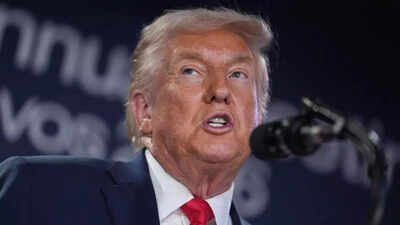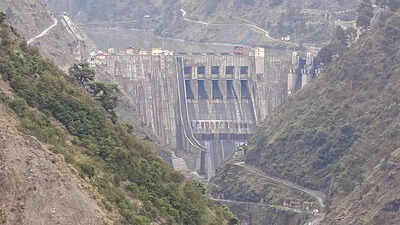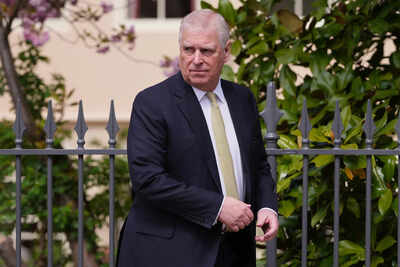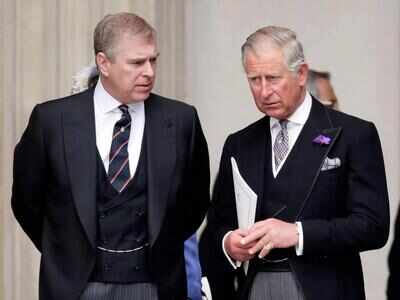Asim Munir’s grip on power deepens Pakistan’s militarisation
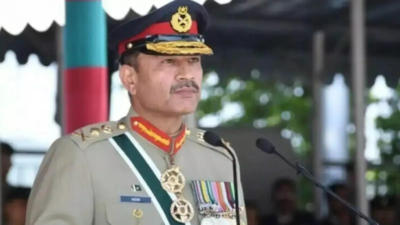
ISLAMABAD: In a country long dominated by its military, the ascent of Field Marshal Syed Asim Munir marks a pivotal moment in Pakistan’s political and security trajectory.Promoted to the rare five-star rank in May 2025 following a military standoff with India, Munir has emerged as the most consequential figure in Pakistan today, with influence extending well beyond the barracks.Although official denials persist about any presidential ambitions, Munir’s prominence has fuelled speculation about the military’s expanding footprint in civilian affairs. Prime Minister Shehbaz Sharif and President Asif Ali Zardari have publicly emphasised “mutual respect” among Pakistan’s top power centres, while military spokesperson Lt Gen Ahmed Sharif Chaudhry recently dismissed rumours of Munir eyeing the presidency as “nonsense”. But many observers note that such assertions only underline the imbalance of power between the elected govt and the military establishment.As army chief — his term extended until 2027 — Munir presides over Pakistan’s most powerful institution. Analysts often describe him as the de facto leader, with parliament, the presidency, judiciary, and media seen as operating within parameters set by GHQ Rawalpindi.Munir’s promotion to field marshal came in the wake of “Operation Bunyan-um-Marsoos”, Pakistan’s military response to India’s “Operation Sindoor”, which followed the Pahalgam terror attack in Kashmir that left 26 people dead, mostly tourists.Domestically, Munir’s rise has coincided with a sweeping crackdown on dissent. Former PM Imran Khan remains imprisoned since May 2023 on charges his supporters and international rights groups call politically motivated. His party, Pakistan Tehreek-e-Insaf (PTI), was barred from contesting the Feb 2024 general elections, described by critics as engineered to bring a pliant coalition of the PML-Nawaz and the PPP to power.Thousands of PTI workers remain behind bars, and media organisations operate under heavy censorship. The judiciary, too, has faced pressure, particularly judges who questioned election irregularities or challenged military influence.With Pakistan’s economy under stress, inflation soaring, and insurgencies simmering in Balochistan and Khyber Pakhtunkhwa, analysts suggest that Munir’s confrontational stance towards India may serve as a rallying point to consolidate public support and distract from internal challenges. The sidelining of political voices —like Khan — has left a vacuum increasingly filled by hardline security narratives.For India, Munir’s ascent to five-star rank is more than a ceremonial gesture. It reflects Pakistan’s continued reliance on military leadership in both domestic and foreign policy arenas. As Islamabad’s power structure tilts further toward Rawalpindi, India faces the prospect of engaging with a neighbour where strategic decisions are increasingly shaped not by elected civilians but by generals who command from behind the scenes.


